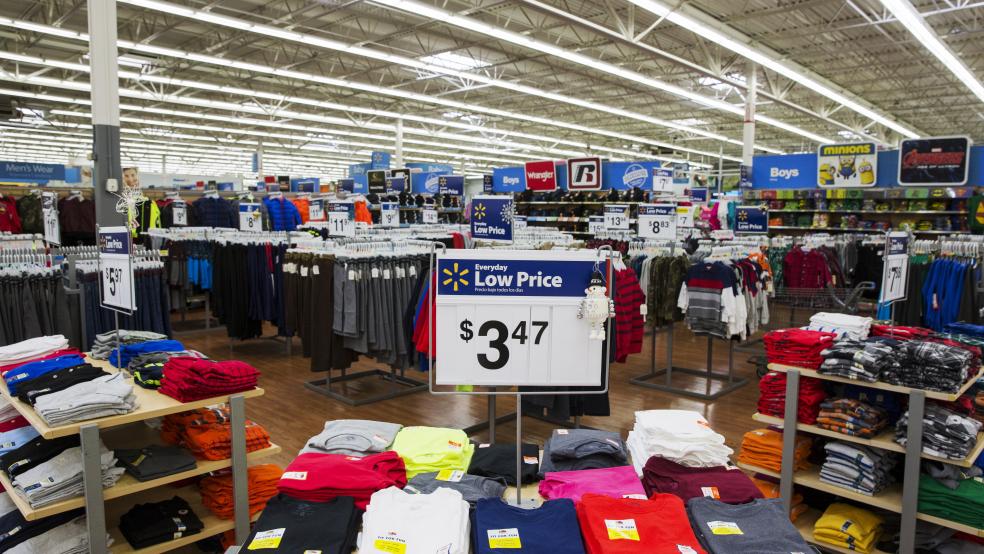Newly sworn-in Commerce Secretary Wilbur Ross got an immediate taste of what it is like to serve in President Donald Trump’s cabinet on Tuesday when he had to do some quick clean-up work following the president’s joint address to Congress.
Trump created some confusion with his remarks about taxation and trade, calling into question whether or not he was endorsing a controversial House Republican plan to impose a tax on goods imported into the United States.
Related: Why Trump Needs the Border Tax to Secure Across-the-Board Tax Reform
“We must create a level playing field for American companies and workers,” he said. “Currently, when we ship products out of America, many other countries make us pay very high tariffs and taxes — but when foreign companies ship their products into America, we charge them almost nothing.”
Citing his discussions with American manufacturers, he said, “They have been mistreated for so long that they have become used to it,” adding, “It is very hard to do business with other countries because they tax our goods at such a high rate.”
Trump invoked one of his predecessors in defense of trade protectionism. “The first Republican president, Abraham Lincoln, warned that the ‘abandonment of the protective policy by the American Government [will] produce want and ruin among our people.’ Lincoln was right — and it is time we heeded his words. I am not going to let America and its great companies and workers be taken advantage of anymore.”
Trump’s praise of protectionist policies and his promise to strike back against trading partners that tax US goods led many to believe that he was, at least in part, embracing the House tax plan.
Related: Trump’s Lofty Vision of Renewal Comes with a Huge Price Tag
The House Republicans are proposing the complete replacement of the existing corporate income tax structure with what is known as a Destination-Based Cash Flow Tax. The move would impose a 20 percent duty on all imports to the country while exempting all exports from taxation.
The plan is, to say the least, controversial. Manufacturers naturally love the idea of paying no US tax on the items they sell overseas. On the other hand, retailers who import a lot of goods for resale, are naturally unhappy about what the proposal would do to their costs.
However, when Ross was buttonholed by reporters after Trump’s speech, he emphatically denied that the president had endorsed the DBCFT.
"No, he did not,” the Commerce Secretary told Reuters. “What he addressed was the issue that needs to be solved, which is there's inequitable treatment of the US. Other countries have a value-added tax which they rebate on exports...Border advisability, other programs are possible ways of solving that. But I didn't hear him coming out clearly in favor of any one system,” he said.
Related: Conflicting Signals on How Trump Will Pay for His $54 Billion Military Buildup
Where Trump comes down on the question of a border tax -- he had reportedly said he views it as “too complicated -- will ultimately be very important to a broader package of tax cuts being contemplated by the GOP.
Because they are aiming to accomplish the cuts through the budget reconciliation process, they have to observe the rules governing that procedure which hold that such legislation cannot add to the federal deficit outside of a 10-year budget window. The revenue from the DBCTF is vital to keeping the tax plan within those parameters.
However, despite the brief surge of hope among its supporters last night, the ultimate stance of the Trump administration relative to the border tax remains a mystery.





